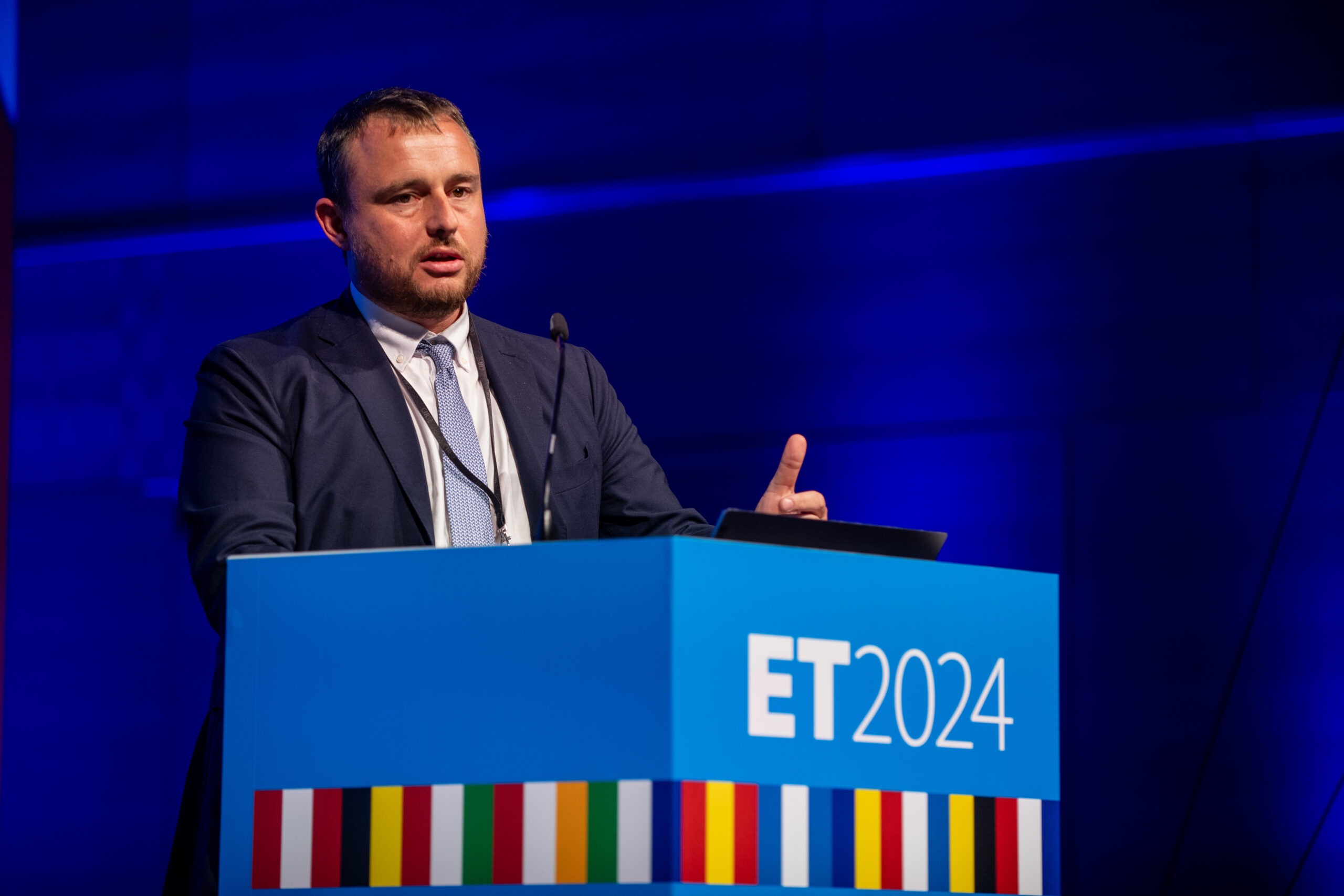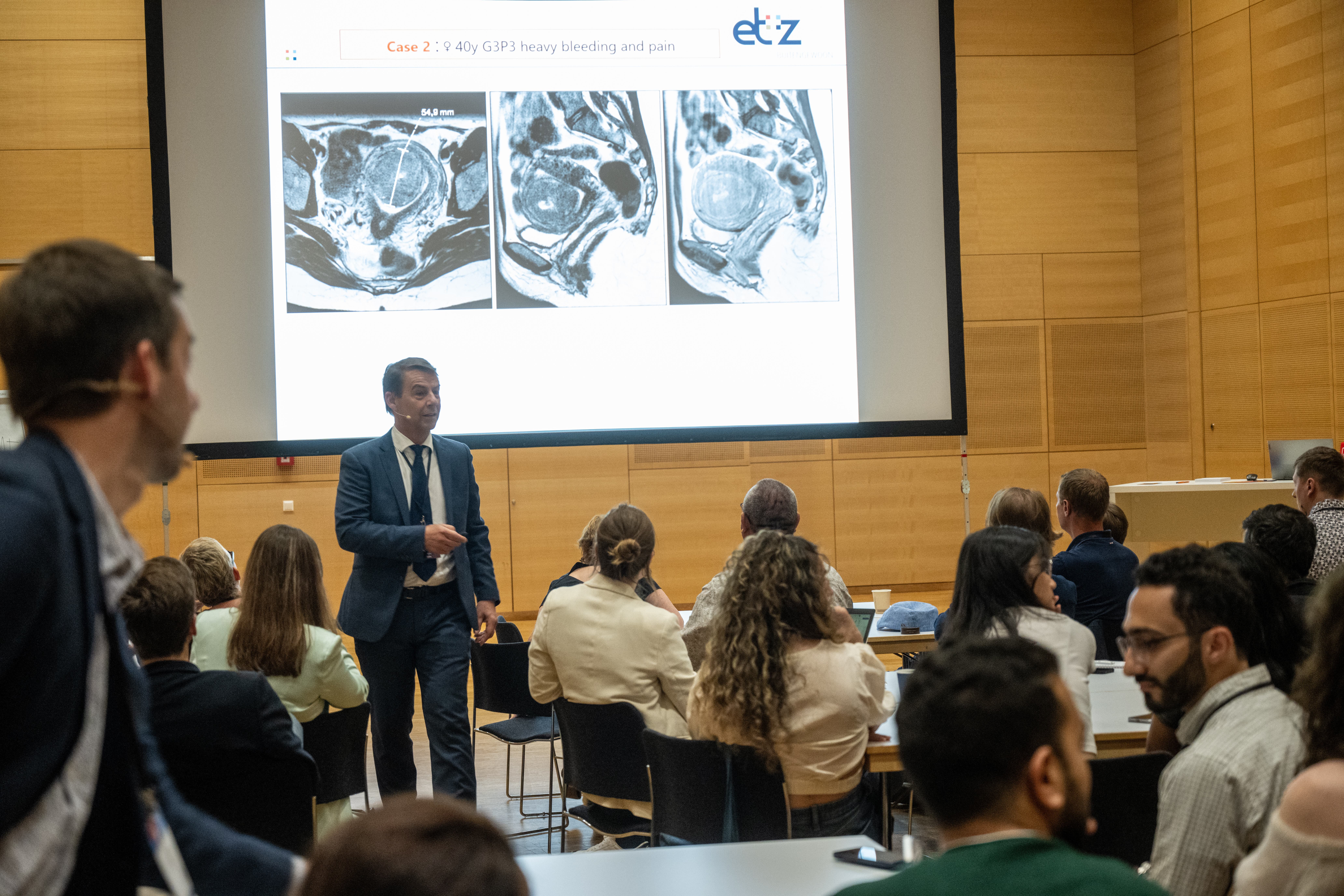CIRSE Insider: Looking back at past ET congresses, what have been some of your favourite moments, and what do you hope to build on?
Lucatelli: One of the major milestones in ET’s development was the introduction of the “Deep Dives” under the leadership of Prof. Otto van Delden. This was only possible by reshaping the entire congress structure — fewer topics, changing yearly. The Deep Dives allow for an in-depth, step-by-step discussion of procedures alongside some of the most experienced KOLs, using video-recorded cases. It’s a truly immersive learning experience.
CIRSE Insider: What will be the main foci for your tenure as Chairperson? What direction do you hope to take the conference?
Lucatelli: Together with my deputy chairperson, Prof. Mark Little, I aim to further raise ET’s profile within the CIRSE community. We’re working to make the Deep dive sessions even more interactive, and to increase the involvement of young fellows and trainees through targeted calls for best case submissions.
CIRSE Insider: Which emerging technologies or techniques in embolization do you think are gamechangers right now?
Lucatelli: Musculoskeletal (MSK) embolization is undoubtedly emerging as a groundbreaking technique for a variety of conditions. However, ET’s mission should be to provide high-quality training and up-to-date content across all embolization fields — with particular focus on step-by-step procedural guidance and appropriate indications.
CIRSE Insider: What are your plans to further support innovation and research through ET?
Lucatelli: This year, ET saw a significant increase in abstract submissions — a sign that we’re moving in the right direction. If this trend continues, we plan to allocate even more space in the program to scientific sessions, thereby strengthening ET’s role as a hub for innovation and research.
One of the major milestones in ET’s development was the introduction of the “Deep Dives” under the leadership of Prof. Otto van Delden. This was only possible by reshaping the entire congress structure — fewer topics, changing yearly. The Deep Dives allow for an in-depth, step-by-step discussion of procedures alongside some of the most experienced KOLs, using video-recorded cases. It’s a truly immersive learning experience.


